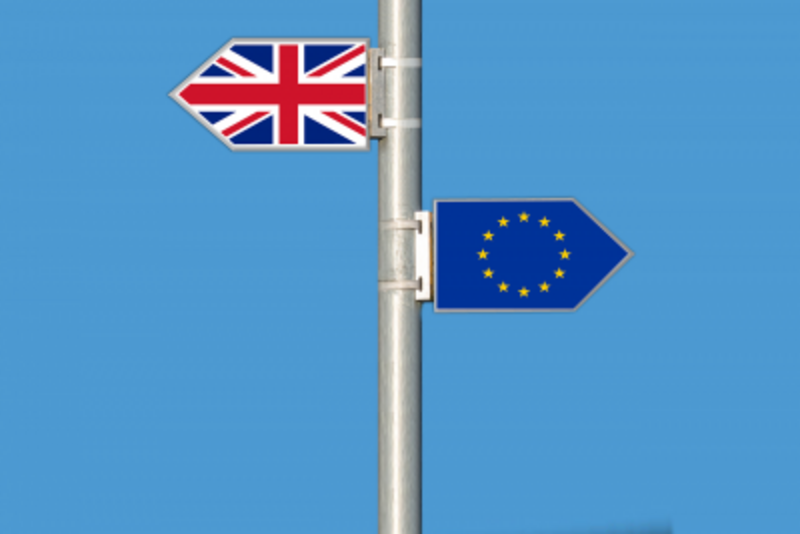
The government has indicated that free movement will end once we have left the European Union in 2019. With EU nationals making up over 7 per cent of the UK’s workforce, the impact of Brexit will be a significant challenge for many UK businesses. The most significant impact will be felt in businesses which employ a very high number of EU nationals in low and middle-skilled roles, including a number of our specialist sectors such as Industrial, Food Manufacturing and Agriculture. In addition to this, it is thought that many EU nationals no longer see the UK as a very attractive employment option. This has had the combined effect of decreasing the candidate pool significantly, making recruiting even more of a challenge.
According to LinkedIn’s quarterly Recruiter Sentiment Survey, which tracks in-house HR departments’ and agency recruiters’ confidence in their ability to fill available roles, “96% of HR professionals and recruiters say that Brexit is already having an impact on their hiring strategies. Almost 50% of which envision a ‘big’ or ‘huge’ impact is still coming.”
Headlines from the LinkedIn Brexit Survey:
- Top factors impacting hiring strategies as a result of Brexit are; the availability of talent (40%), business uncertainty (38%), reluctance of candidates to move to the UK (36%) and competition from international businesses (28%).
- Recruiters are seeing a negative impact on international hiring into the UK. Key European markets; with 37% of recruiters seeing a decrease from Italy, 35% from France, 35% from Germany, 32% from the Netherlands, 29% from Spain and 33% from other EU countries over the last quarter. And outside the EU: we are seeing a decrease in hires from South Africa (27%), Canada (27%), Australia (26%) and the USA (25%) too.
- Based on their conversations with candidates, over two-fifths (44%) said the UK is now less attractive to EU candidates, and a third (28%) to the rest of the world.
However, despite this, recruiters are still feeling optimistic that they have the strategies and the skills to compensate for the ‘Brexit effect’ with 71% still feel ‘very’ or ‘extremely’ confident about their ability to recruit the right talent.
Jon Addison, Head of LinkedIn Talent Solutions offers this advice to businesses to help make their business more robust against the effects of Brexit:
- Ensure that long-term hiring strategies and workforce planning are aligned with business priorities – not just for skills the business needs now but will need in 6 to 12 months’ time.
- Upskill existing team members to ensure that the business is well equipped to navigate the more competitive external hiring landscape.
- Focus on the business’s employer branding. Make it appealing to the talent needed now, and in the future, to ensure your access to the talent pool you need – from the UK and abroad – is maintained.
Our advice, in addition to the above, is to talk to our team to support you in your strategy to hire the right talent into your business. Our team has the specialist knowledge and expertise to work with you to counter the ‘Brexit Effect’ on your workforce.
